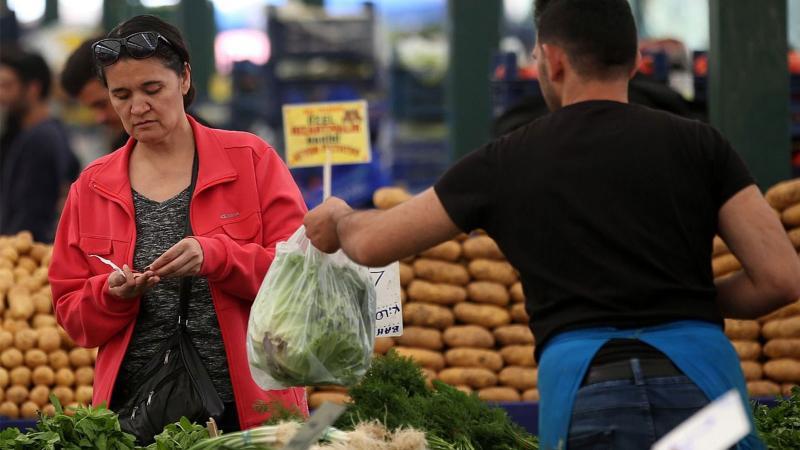« Turkey’s annual inflation jumped more than expected to a three-year high of 21.31% in November, data showed on Friday, further exposing the risks of recent aggressive rate cuts that prompted a historic slide in the lira » report Ece Toksabay and Ezgi Erkoyun in Reuters.
Under pressure from President Tayyip Erdogan, the central bank has slashed the policy interest rate to 15% from 19% since September, leaving Turkey’s real yields deeply negative, a red flag for investors and savers. [nL8N2SN1VC]
Month-on-month, the consumer price index (CPI) rose 3.51%, the Turkish Statistical Institute said, compared to a Reuters poll forecast of 3% and an annual forecast of 20.7%.
The producer price index rose 9.99% from a month earlier and 54.62% on the year. That suggests the currency depreciation is stoking import prices and will swell overall inflation in the months ahead when economists see annual CPI nearing 30%.
Food, restaurants and hotels pushed up the annual number, reflecting a surge in demand, while the monthly price rise was driven in part by a more than 6% jump in transportation costs, reflecting rising global energy prices.
The lira TRYTOM=D3 edged 0.7% lower to 13.765 to the U.S. currency at 0810 GMT. It has lost some 46% of its value against the greenback this year, including 30% last month alone, upending people’s budgets along with the surging prices.
The currency slumped to an all-time low of 14.0 to the dollar this week after Erdogan repeatedly defended the low-rate policy, which has been embraced by the government, regulators and the banks’ association despite widespread criticism.
« Negative real rates, the absence of policy guidance, statements by government officials arguing for a weaker lira as part of an economic development strategy and rising inflation and inflation expectations will maintain pressure on the currency, » Fitch Ratings said.
The agency revised its outlook on Turkey to « negative » from « neutral ». It forecast 25% inflation by year-end and expects it will average about 20% over the next two years.
The central bank, which targets 5% inflation, says the pressure is temporary and necessary to expand credit, exports and economic growth.
But economists say the low-rates policy will backfire given high imports and foreign debt, leading to more inflation pain after five years of mostly double-digit price rises.
Polls show Turks question the credibility of the data and believe inflation is higher given price spikes in basic goods such as food, which has risen 30% on an annual basis throughout this year.
Kemal Kilicdaroglu, leader of the main opposition party CHP, said outside the Turkish Statistical Institute’s headquarters that its « numbers are not reliable », and said he was barred entry to discuss the issue.
« I am calling on all my citizens: when you go to the market, when you turn on your gas, your heater, is inflation really as they claim? Is it really 3.51%? » he said.

